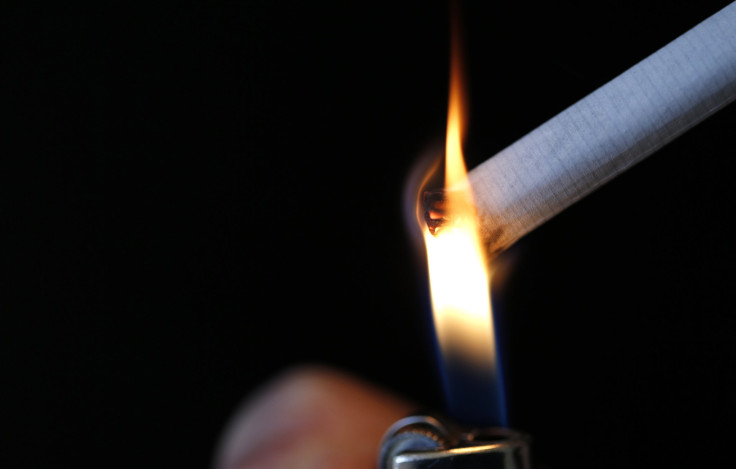Children exposed to secondhand smoke are more likely to have tooth decay, study suggests

Babies who are exposed to passive smoking have a more than two-fold risk of developing tooth decay by the age of three, according to Japanese researchers.
In the study, published in the international online medical journal BMJ, the team says that although these findings cannot establish causality, they support extending public health and clinical interventions to reduce secondhand smoke.
Traditional methods to prevent tooth decay or dental caries include sugar restriction, oral fluoride supplementation and fluoride varnish. While earlier evidence suggested associations between secondhand smoke and caries, it is still uncertain whether reducing secondhand smoke among children would contribute to tooth decay prevention.
The team from Kyoto University’s Graduate School of Medicine sought to investigate smoking during pregnancy and exposure to household smoke in infants at four months of age as risk factors for dental caries. They studied data of more than 75,000 children born between 2004 and 2010, who attended routine health checkups at 0, 4, 9 and 18 months and at 3 years of age at health care centres in Kobe City, Japan.
Mothers were asked to complete questionnaires to assess secondhand smoke exposure from pregnancy to three years of age and other lifestyle factors, such as dietary habits and oral care. The researchers defined incidence of caries in teeth as at least one decayed, missing or filled tooth assessed by qualified dentists.
After analysing the data, the team established that 55.3 per cent of children lived in households with at least one smoker. They found that tooth decay occurred 1.5 times more often among such children compared to those in non-smoking households. This risk is noted two times higher among children who were exposed to tobacco smoke in their households.
The effect of maternal smoking during pregnancy was not statistically significant, the researchers said.
Since this is an observational study, the researchers say that there are no definitive conclusions that can be drawn about cause and effect. They also note that results may have been influenced by other unmeasured factors.
However, the study provides evidence that supports health efforts to reduce secondhand smoke. “Adults should pay more attention to their lifestyle habits and how that affects children’s development, for the sake of their health,” the study’s lead author, Professor Koji Kawakami, told the Japan Times. Kawakami is from the Department of Pharmacoepidemiology at Kyoto University’s Graduate School of Medicine.
Tooth decay is a continuing problem worldwide, according to the research. In Australia, its prevalence is five times higher than asthma among children, reported by the Australian Dental Association. According to government reports, tooth decay is also the second most costly diet-related disease in the country, despite the fact that vast majority of all dental disease is preventable.
Contact the writer at feedback@ibtimes.com.au or tell us what you think below.




















